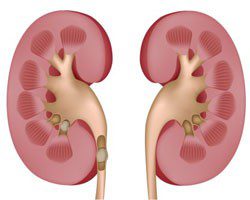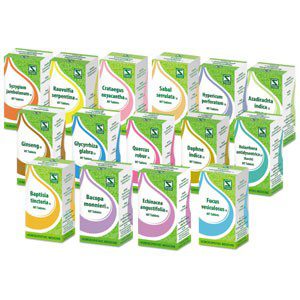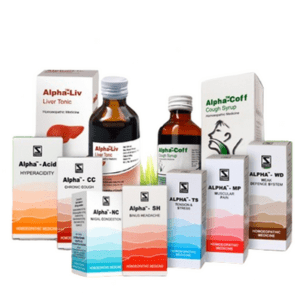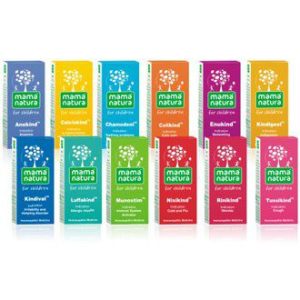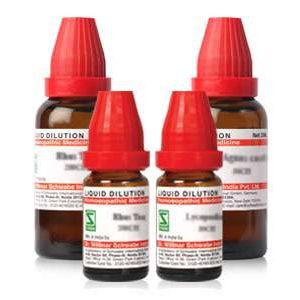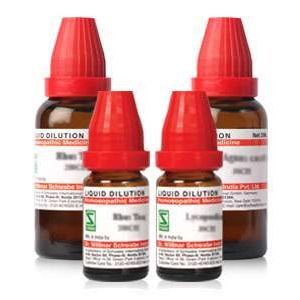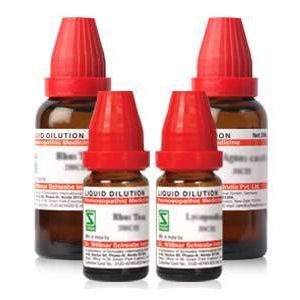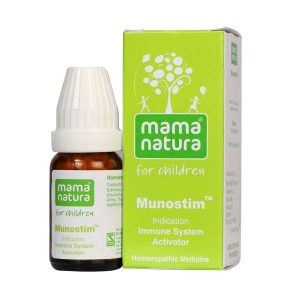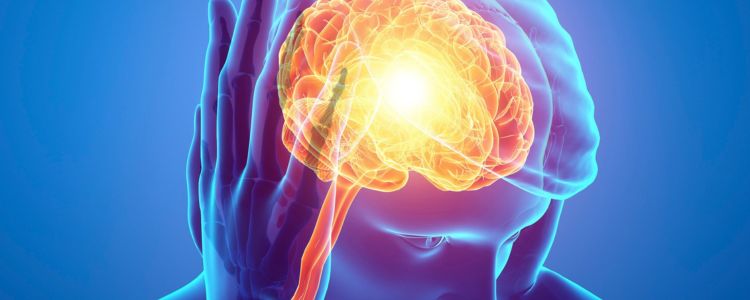
Heal Your Gut: 7 Gastritis-Friendly Breakfast Ideas to Start Your Day Right
- Dr. Aditi Sharma
- No Comments
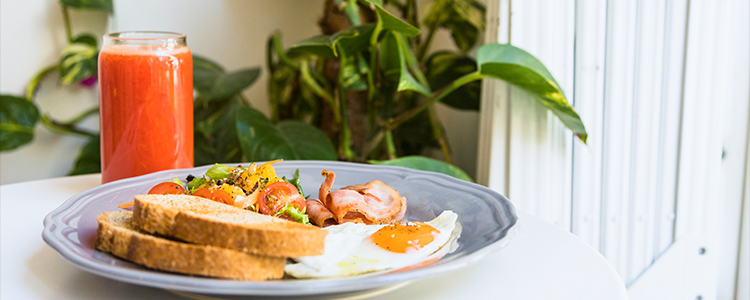
Gastritis refers to the inflammation of the stomach lining. It can be acute or chronic. Gastritis can cause much distress and adversely affect the routine life of an individual. This article will help us know simple ways such as healthy eating habits and diet to manage the problem of gastritis.
Table of Contents
ToggleWHAT ARE THE SIGNS AND SYMPTOMS OF GASTRITIS?
Signs and symptoms
- Abdominal pain or discomfort
- Nausea or vomiting
- Bloating
- Loss of appetite
- Indigestion
- Belching
- A feeling of fullness in the upper abdomen after eating
- In severe cases, bleeding in the stomach, may present as black, tarry stools or vomiting blood.
WHAT ARE THE CAUSES OF GASTRITIS?
Causes of gastritis are:
- Infection: Particularly with Helicobacter pylori bacteria.
- Prolonged use of NSAIDs: Nonsteroidal anti-inflammatory drugs, such as aspirin and ibuprofen.
- Excessive alcohol consumption
- Stress: Severe stress due to major surgery, injury, burns, or severe infections.
- Autoimmune disorders
Also Read How Gastritis Can Harm Your Stomach
WHAT ARE THE COMPLICATIONS OF GASTRITIS?
Potential complications include:
- Stomach Ulcers – It can cause pain and bleeding. The bleeding may present as blood in vomit or black, tarry stools.
- Anemia- It can cause fatigue, weakness, and shortness of breath.
- Atrophic Gastritis– This involves the stomach lining and glands. It can increase the risk of developing stomach cancer.
- Gastric Polyps– Polyps are growths on the stomach lining. Some types of polyps can increase the risk of stomach cancer.
- Pernicious Anemia– Characterized by a deficiency in vitamin B12.
- Increased Risk of Stomach Cancer
- Delayed Gastric Emptying and symptoms such as nausea and vomiting.
WHAT ARE THE DIAGNOSTIC TOOLS FOR GASTRITIS?
Methods to diagnose gastritis are:
- Endoscopy
- Biopsy
- Blood tests: For infection with H. pylori or anemia.
- Stool tests
Also Read 10 Magical Tips to Solve Gastritis Problems Naturally
WHAT ARE THE WAYS TO MANAGE GASTRITIS?
Basic strategies to help manage gastritis are:
- Eat a Gastritis-Friendly Diet
- Smaller, Frequent Meals
- Avoid Trigger Foods
- Stay Hydrated.
- Manage Stress: Practice techniques like mindfulness, meditation, deep breathing exercises, yoga, and regular physical activity.
- Quit Smoking
- Limit Alcohol
- Avoid NSAIDs
- Keep a Symptom Diary– Track your symptoms, diet, and any triggers. This can help you identify patterns and adjust your lifestyle and diet accordingly.
- Avoiding Late-Night Eating– Allow at least 2-3 hours after eating before lying down to reduce the risk of acid reflux, which can worsen gastritis.
- Chew food thoroughly
- Take yogurt and supplements
- Rest and Recovery
WHAT ARE GASTRITIS-FRIENDLY BREAKFAST IDEAS TO START YOUR DAY RIGHT?
Gastritis can cause severe distress to an individual and hinder his day-to-day activities. Starting the day right by having gastritis friendly breakfast can be a big help to such people. Diet for gastritis typically involves avoiding foods that can irritate the stomach lining and including foods that can promote healing and reduce inflammation.
Gastritis Friendly Breakfast Ideas May Include The Following:
- Have Low-Acid Fruits such as apples, pears, bananas, melons, and berries
- Have non-spicy Vegetables such as Leafy greens, carrots, broccoli, spinach, zucchini, and sweet potatoes.
- Have whole Grains and high-fibre food such as oats, brown rice, whole wheat bread, and quinoa which help in digestion.
- Have low-fat Dairy such as yogurt (especially with probiotics), skim milk, and low-fat cheese. Some people may need to avoid dairy if they are lactose intolerant.
- One can have herbal Teas such as Chamomile, ginger, and licorice root teas which can be soothing and avoid caffeine or carbonated drinks.
- Stay hydrated, but avoid drinking large amounts of water with meals, which can dilute stomach acid and impede digestion.
- Use healthy fats such as Olive oil, to prepare breakfast. One can take avocado and flaxseeds forin breakfast which are rich in healthy fats. Avoid fried and fatty food, fast food, processed snacks, and fatty cuts of meat can be hard to digest and may worsen gastritis.
WHAT IS THE ROLE OF HOMOEOPATHY IN THE TREATMENT OF GASTRITIS?
Homoeopathy has a significant role to play in the treatment of gastritis. The conventional system of medicine for gastritis is primarily based on antibiotics to treat H.pylori infection and medications to reduce or neutralize stomach acids. This only helps to provide symptomatic relief to the patient till the time the patient consumes these medicines. Also, their prolonged use can cause side effects in the human body. On the other hand, homeopathic medicines act on the affected gastric lining to heal and replenish it. These Homeopathic medicines not only help to provide symptomatic relief to the patient but correctly chosen constitutional medicines act deep and help to regulate the production and secretion of gastric juices to avoid any further erosion. Homeopathic medicines also help to improve the immunity of the individual to fight away infections by themselves.
The best homoeopathic medicine for gastritis is the one that is the most similar to the disease manifestation in each individual case of the disease. For this, a trained homeopathic physician takes a detailed case record of the patient and elicits symptoms from both the mental and physical spheres of the patient.
CONCLUSION
Gastritis is an inflammation of the lining of the stomach. It can be acute or chronic. Abdominal pain or discomfort, nausea or vomiting, bloating, loss of appetite, and feeling of fullness in the upper abdomen after eating are typical signs and symptoms of gastritis. Infection particularly with Helicobacter pylori bacteria infection, prolonged use of NSAIDs, excessive alcohol consumption, stress due to major surgery, injury, burns, or severe infections, and certain autoimmune disorders can cause gastritis. If left untreated it can lead to stomach ulcers, anemia, and even an increased risk of cancer.
Basic strategies such as eating a gastritis-friendly diet, smaller, frequent meals, avoiding trigger foods, excess alcohol consumption, smoking, staying hydrated, and managing stress help to prevent gastritis. Best Foods for gastritis include low-Acid fruits, non-spicy vegetables, whole grains and high fibre food, lean proteins, low-fat dairy, healthy fats, and herbal teas.
Foods to avoid gastritis are spicy foods, acidic foods, fried foods, alcohol, caffeine, carbonated beverages, and processed foods. Apart from these strategies homeopathic medicines help to not only effectively alleviate the symptoms of gastritis without any side effects but they also help to build the immunity of the individual and regulate acid secretion in the body to treat this problem from its root and avoid recurrence.











